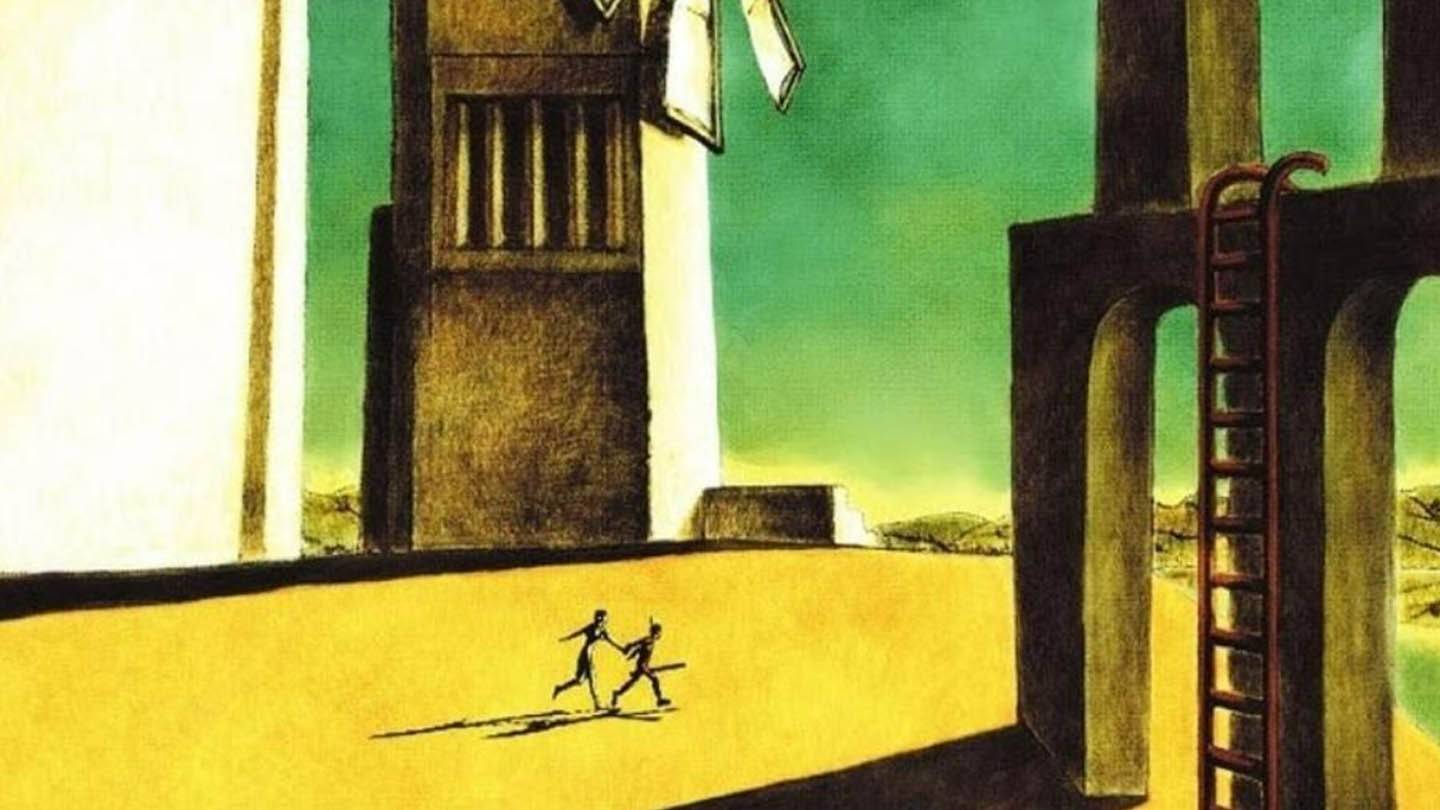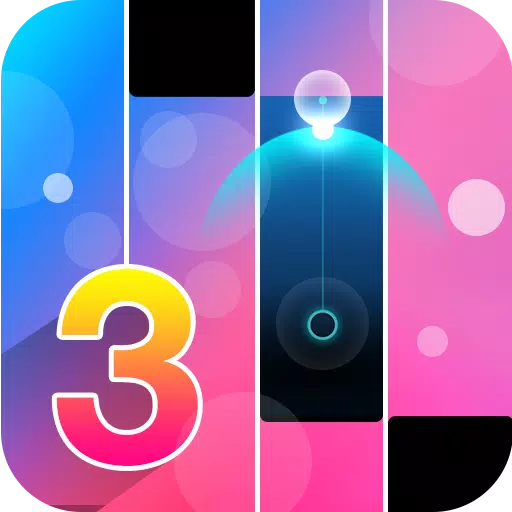
Yoko Taro, celebrated creator of NieR: Automata and Drakengard, recently discussed the profound impact of ICO on video games as an artistic medium. Released in 2001 for the PlayStation 2, ICO achieved cult status due to its minimalist aesthetic and evocative, wordless narrative.
Taro highlighted the game's innovative core mechanic—the act of guiding Yorda by holding her hand—as a revolutionary departure from established gameplay norms. He pointed out, "Had ICO required you to carry a suitcase the size of a girl, it would have been incredibly frustrating." This simple act of leading another character, Taro emphasized, was groundbreaking, challenging conventional notions of player interaction.
At the time, successful game design often prioritized engaging gameplay even with extremely simplified visuals. ICO, however, prioritized emotional impact and thematic depth over purely mechanical innovation. Taro argued that ICO demonstrated the capacity of art and narrative to transcend their role as mere supplementary elements, becoming integral to the core gaming experience.
Calling ICO "epoch-making," Taro credited it with significantly altering the course of game development. He lauded the game's ability to convey profound meaning through subtle interactions and atmospheric world-building.
Beyond ICO, Taro cited two other influential titles: Toby Fox's Undertale and Playdead's LIMBO. He asserted that these games, like ICO, expanded the expressive possibilities of interactive media, showcasing video games' potential for delivering deeply moving and intellectually stimulating experiences.
Taro's appreciation for these games provides valuable insight into the creative influences shaping his own work, further emphasizing the ongoing evolution of video games as a dynamic and powerful art form.






